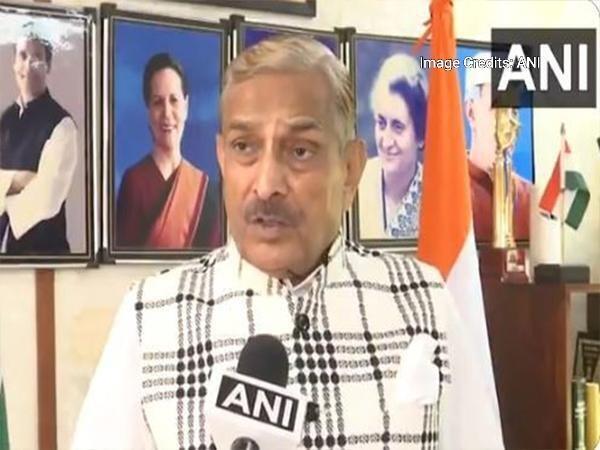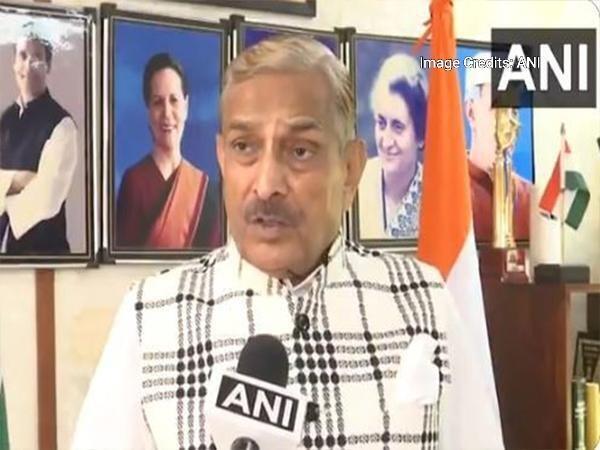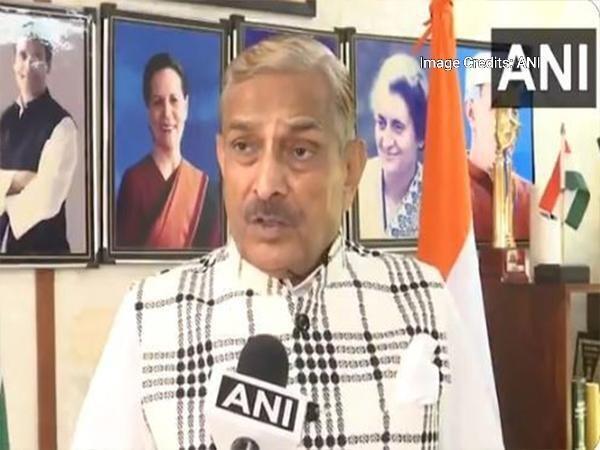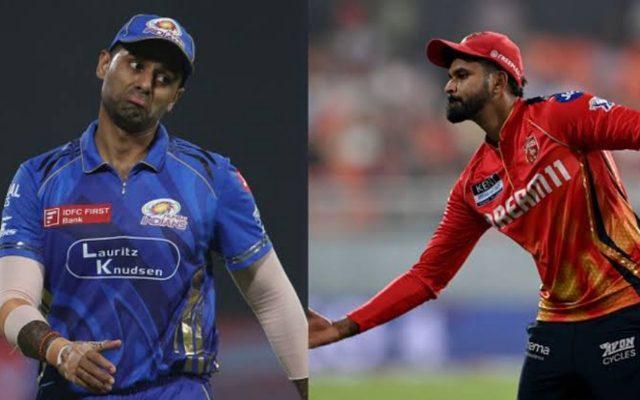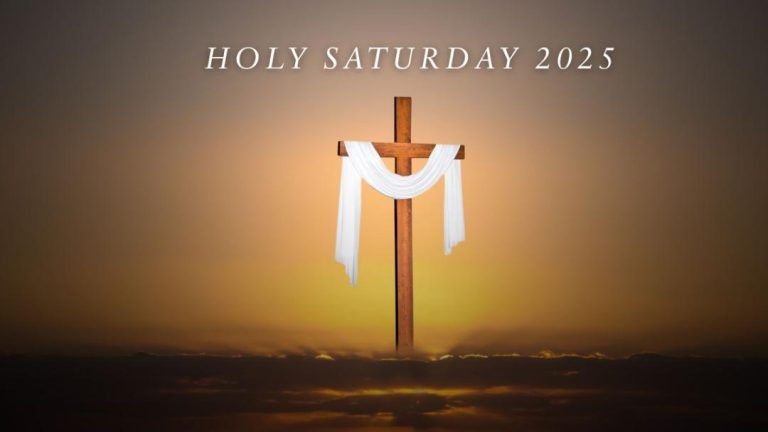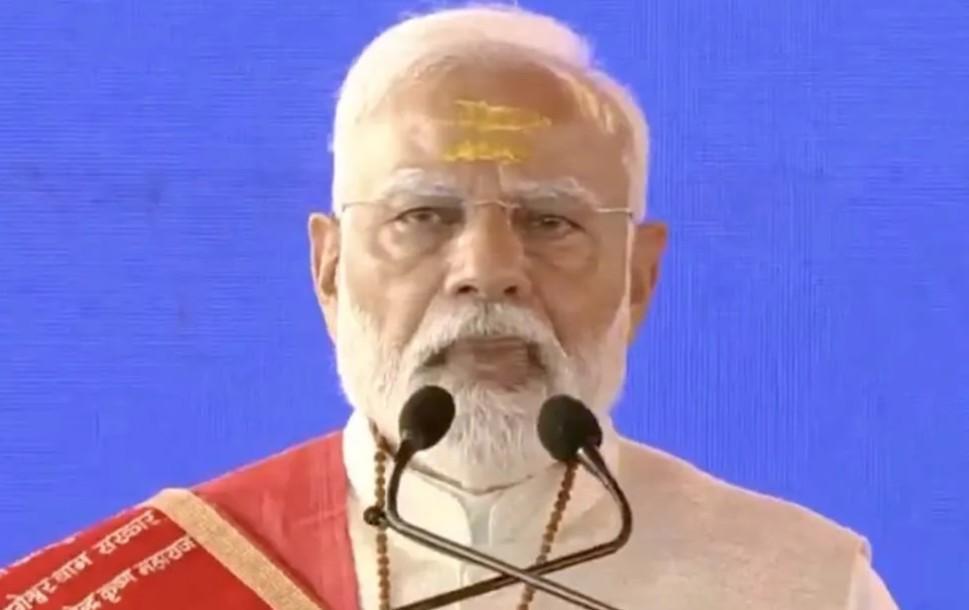
Those with ‘slave mentality’ mock religion: PM Modi on criticism of Kumbh Mela
Prime Minister Narendra Modi recently faced criticism from opposition leaders, including RJD supremo Lalu Prasad Yadav and TMC chief Mamata Banerjee, over the arrangements at the Maha Kumbh Mela in Prayagraj. However, PM Modi did not take this criticism lying down. In a veiled attack on those who criticized the event, he accused them of having a “slave mentality” and mocked religion.
Speaking at an event in Chhatarpur, Madhya Pradesh, PM Modi said, “There’s a section of leaders who mock religion…Often, foreign powers also seem to support these individuals.” He added, “These people with slave mentality (gulami ki mansikta) attack our beliefs.” The Prime Minister’s remarks come at a time when the country is witnessing a surge in communal tensions and religious polarization.
The Maha Kumbh Mela, which is considered one of the largest religious gatherings in the world, has been a subject of controversy since its inception. Critics have accused the government of mismanaging the event, leading to chaos and inconvenience to pilgrims. However, PM Modi’s remarks suggest that he is more concerned with the motives behind the criticism rather than the issues themselves.
The Prime Minister’s use of the term “slave mentality” is significant, as it implies that those who criticize the Kumbh Mela are not acting out of genuine concern for the welfare of pilgrims, but rather out of a desire to please foreign powers. This is a classic example of the “divide and rule” strategy, where the government tries to pit one group against another and create a sense of nationalism.
In recent years, PM Modi has been accused of using religion to further his political agenda. His government has been criticized for promoting a particular brand of Hindu nationalism, which has led to a surge in attacks on religious minorities. The Prime Minister’s remarks on the Kumbh Mela can be seen as an attempt to deflect attention from these allegations and create a sense of unity among Hindus.
However, PM Modi’s critics argue that his remarks are not only divisive but also dangerous. By accusing those who criticize the Kumbh Mela of having a “slave mentality,” the Prime Minister is creating a sense of fear and intolerance. This can lead to a situation where those who disagree with the government’s policies are labeled as “anti-national” and silenced.
The fact that PM Modi mentioned foreign powers in his remarks is also significant. In recent years, there have been allegations of foreign interference in Indian politics. The government has been accused of using this as a pretext to crack down on dissent and criticism. PM Modi’s remarks can be seen as an attempt to create a sense of paranoia among the Indian public and distract from the government’s failures.
The Kumbh Mela is a significant event in Indian culture and religion, and it is natural for the government to take measures to ensure its success. However, the Prime Minister’s remarks suggest that he is more concerned with the political implications of the event than with the welfare of the pilgrims. This is a worrying trend, as it implies that the government is more interested in promoting its own ideology than in serving the interests of the people.
In conclusion, PM Modi’s remarks on the Kumbh Mela are a classic example of the “divide and rule” strategy. By accusing those who criticize the event of having a “slave mentality,” the Prime Minister is creating a sense of fear and intolerance. This can lead to a situation where those who disagree with the government’s policies are labeled as “anti-national” and silenced. The government must be held accountable for its actions and not allowed to use religion as a tool to further its political agenda.
